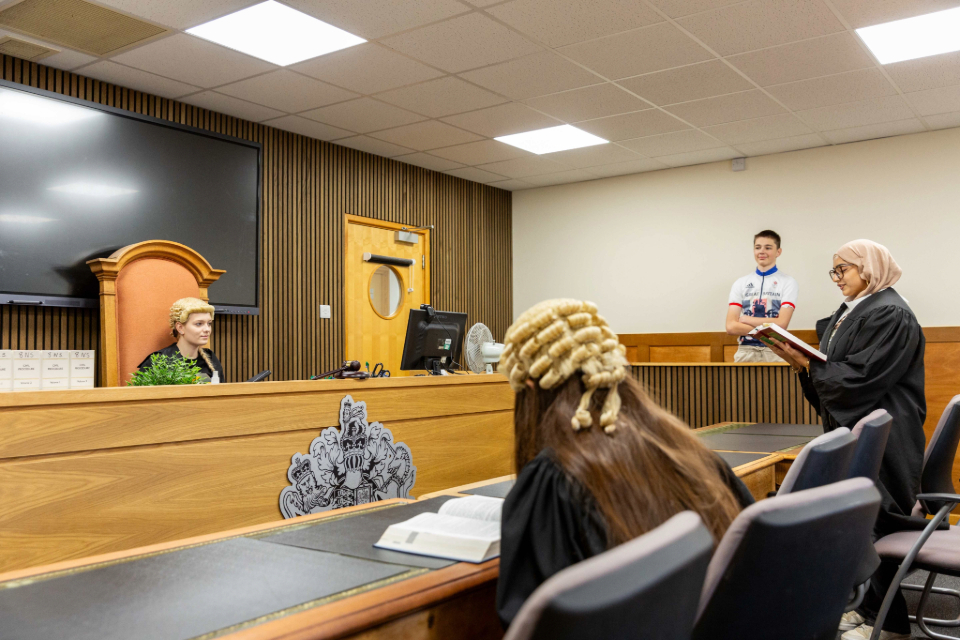Jeremy Wright unveils call for evidence after instances of online commentary obstructing the application of justice
The initial trial of the murderers of Angela Wrightson had to be abandoned after the judge ruled that Facebook comments were liable to prejudice the jury
The attorney general is to undertake a review of whether the UK’s legal system is “able to protect against trials by social media”.
Jeremy Wright, the attorney general for England and Wales, has launched a call for evidence, and is seeking input from judges, solicitors, and oganisations representing victims of crime. Wright is looking to identify and examine any cases in which social media has adversely affected administrative or legal proceedings, as well as instances of anonymity orders or reporting restrictions being breached on social media platforms.
Ultimately, he is looking to ascertain “whether the risks posed by social media to the administration of justice are greater than five years ago”.
As evidence of the need for this enquiry, Wright referenced the trial of the murderers of Angela Wrightson. The initial trial was halted in 2015 after the judge deemed that Facebook comments made by members of the public about the case and the two defendants rendered a fair and unprejudiced jury trial an impossibility.
Related content
- Overhaul of UK’s justice system will see ‘wholesale shift’ to digital
- Digitisation of the court system must not decrease access to justice
- Improving the Justice System with Courtroom Video Technology
The case was reheard in a different location the following year, and two teenage girls were ultimately convicted of the crime.
“This case shows that social media is having some impact on the administration of justice in criminal trials, but it does not show to what extent,” said Wright. “Was this an isolated incident, or are there more examples of trials being affected by social media commentary?”
The application of contempt of court laws to social-media platforms has been a vexed issue in recent years. In December 2013, Wright’s predecessor as attorney general, Dominic Grieve, published advisory notes on both Twitter and the gov.uk website intended to help social media users avoid falling foul of the law.
Interested parties wishing to respond to the call for evidence have until 8 December to do so, after which the Attorney General’s Office will publish a summary of the findings.




Fine way of telling, and nice post to take information about my presentation topic, which i am going topresent in school.Here is my blog good healthy eating